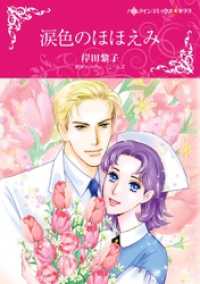Full Description
The late 1960s and early 1970s were a crucial period in the making of the modern mind. From Chicago to Paris, from Dublin to Derry, there were stirrings of ideas and clashes of ideals that would lead to changes still visible today. This political, social, religious and artistic ferment did not happen in a vacuum. It was caused by circumstances - but also by people who insisted on being heard. One modest manifestation of this creative commotion was a publication by the Servites order of Benburb, Co Tyrone. From 1968 to 1974, the Servites published an annual literary review, first called "Everyman" and then "Aquarius", which featured the best-known writers and personalities of the time addressing the arts, culture, politics, religion and much more. Billed as a religio-cultural review, the magazine boldly aimed to air and analyse the current preoccupations of Ireland, north and south, religious and secular, profound and otherwise. At the time there were few outlets for creative thinking and the magazine was embraced by both the young and the eminent to a surprising degree. "Creative Commotion" is an anthology of the best essays, stories, poems and commentary published in the magazine.
Contributors are a who's who of the creative and influential people of that time: Brian Friel, Oisin Kelly, Eugene McCabe, Bryan McMahon, Michael Longley, Tyrone Guthrie, John Montague, John Hume, John D. Stewart, Estyn Evans, Seamus Heaney and other leading lights. The magazine, now mainly forgotten, had no neat agenda - just an urge to stir things up. Yet for a few years it was in a way symbolic of the underlying aspirations and imaginings of a generation of thinkers who were eager for change.







